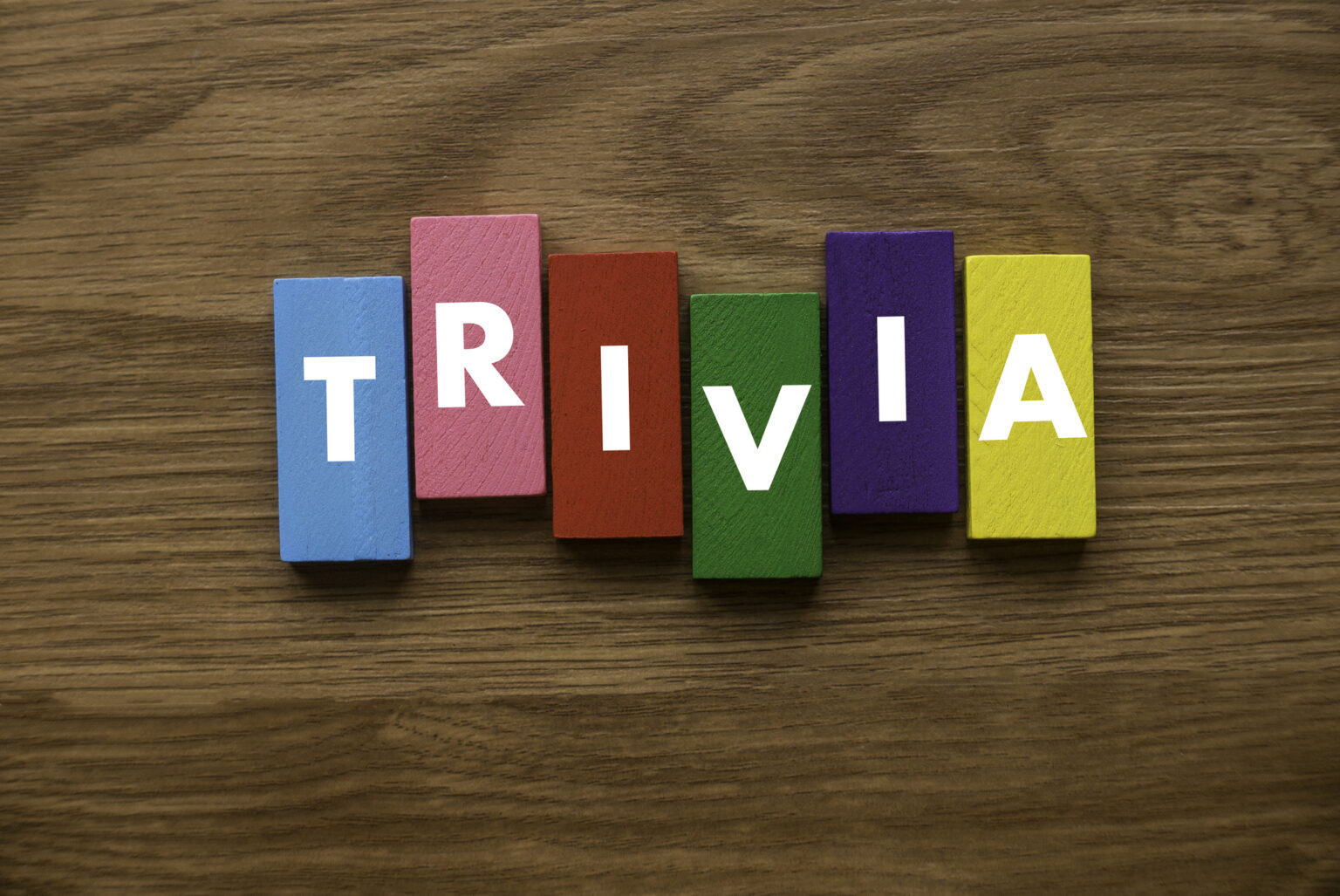Trivia games are more than just fun—they’re a test of knowledge, quick thinking, and strategy. Whether you’re playing at a bar trivia night, competing in a game show, or battling friends online, having a solid approach can give you the edge. Trivia isn’t just about memorizing facts—it’s about how you process information, recall details, and think critically under pressure. Here’s how to become a trivia champion and consistently outsmart the competition.
Focus on the Most Common Trivia Categories
Trivia questions often come from similar categories. History, geography, science, pop culture, sports, and literature are among the most frequently covered topics. Instead of trying to learn everything, concentrate on the most commonly asked subjects. Knowing U.S. presidents, world capitals, and famous authors will give you an advantage in most games.
Build General Knowledge by Reading and Watching a Variety of Content
The best trivia players stay informed by reading newspapers, watching documentaries, and following current events. Many trivia questions reference classic movies, historical moments, and famous scientific discoveries, so exposing yourself to a variety of media will help you recognize key facts more easily.
Use Mnemonics and Memory Tricks to Improve Recall
Memorizing random facts can be challenging, but mnemonics, acronyms, and associations make recall easier. For example, using “HOMES” to remember the Great Lakes (Huron, Ontario, Michigan, Erie, Superior) or “My Very Educated Mother Just Served Us Nachos” for the planets helps lock in information. Creating personal memory shortcuts can help information stick.
Play Trivia Games Regularly to Strengthen Your Skills
Practicing regularly makes a huge difference. Trivia apps like Trivia Crack and Sporcle provide daily challenges, while watching game shows like Jeopardy! helps you learn from real-world questions and answers. Participating in pub quizzes or online leagues sharpens reflexes and improves pattern recognition.
Learn to Spot Trick Questions and Hidden Clues
Many trivia questions are designed to be misleading or challenge assumptions. If a question seems too obvious, there may be a twist. Looking for context clues, wordplay, or historical references can help uncover the right answer. Thinking critically about what the question is actually asking will prevent unnecessary mistakes.
Work on Answering Quickly and Confidently
Many trivia games have time limits, making fast recall essential. Hesitating too long can cost valuable points, so developing confidence in answering is important. If you’re unsure, making an educated guess is usually better than leaving a blank answer. Most trivia games don’t penalize for wrong answers, so taking a chance is always worth it.
Form a Well-Balanced Team for Group Trivia
Team trivia is strongest when players bring different areas of expertise. A well-rounded team should include someone strong in history and geography, a pop culture expert, a sports fanatic, and a science or math specialist. Playing with a diverse group improves the chances of covering all possible question categories.
Stay Updated on Pop Culture and Current Events
Modern trivia games often include questions about recent news, award-winning films, viral moments, and trending personalities. Following entertainment news, keeping track of major sports events, and knowing the latest bestsellers will help when facing pop culture questions.
Master the Art of Making Educated Guesses
Even the best trivia players don’t know everything. When in doubt, logic and context clues can help narrow down possible answers. If the exact year of an event is unknown, estimating based on what else was happening at the time can help. In multiple-choice scenarios, eliminating the least likely answers first improves the chances of guessing correctly.
Stay Calm Under Pressure and Enjoy the Game
Trivia is about quick thinking and having fun, so stress should not get in the way. Staying relaxed helps with memory recall, and focusing on the enjoyment of the game makes learning new facts easier. Winning is great, but every game is an opportunity to learn, improve, and come back even stronger next time.
Excelling at trivia isn’t just about intelligence—it’s about strategy, practice, and knowing how to think on your feet. By building a broad knowledge base, using smart recall techniques, and playing consistently, you’ll boost your skills and be better prepared for your next trivia challenge.


